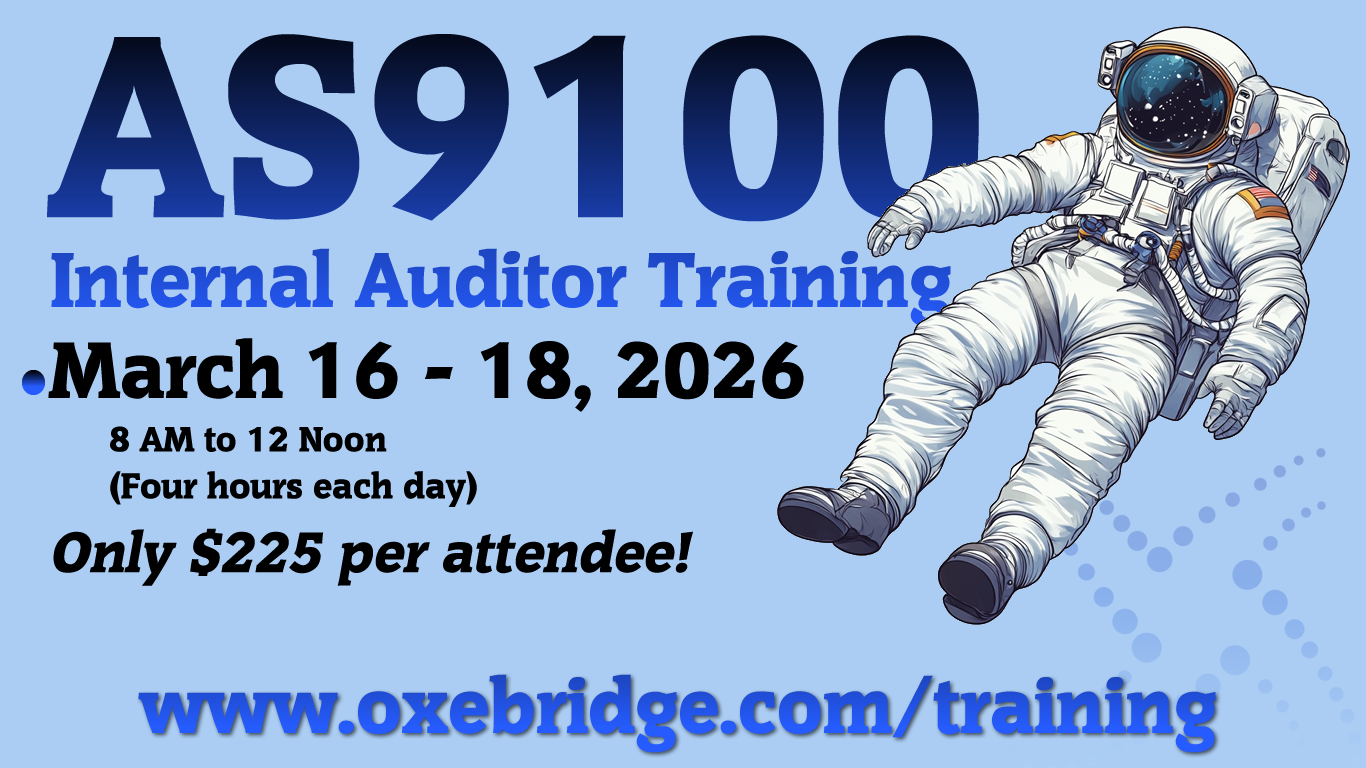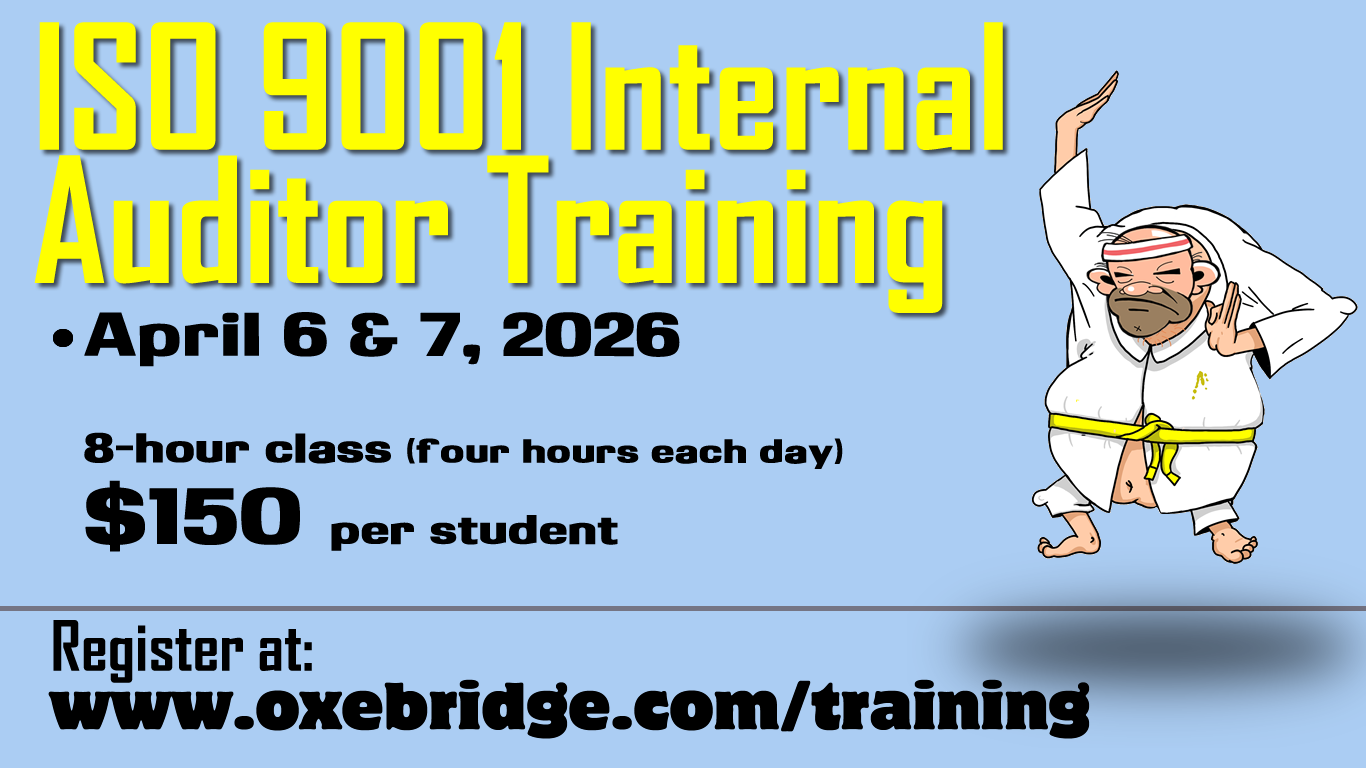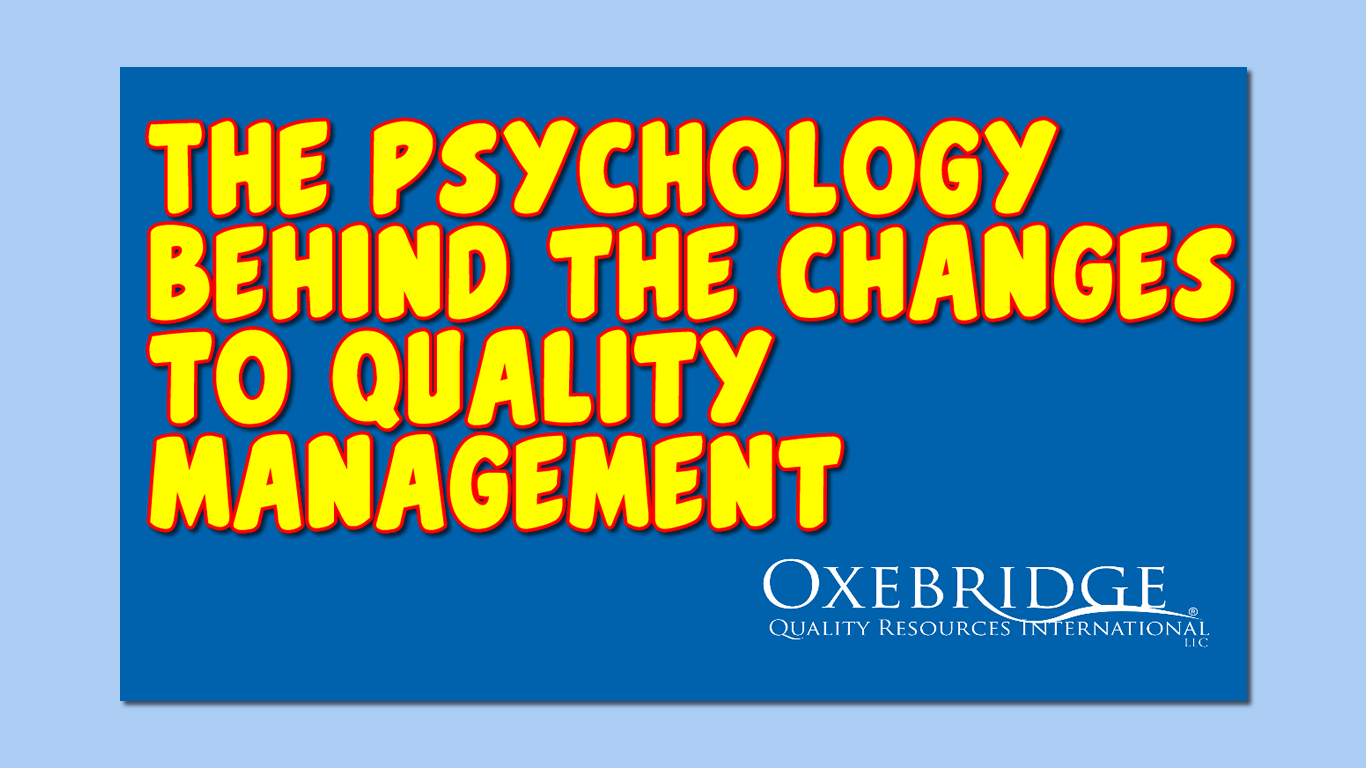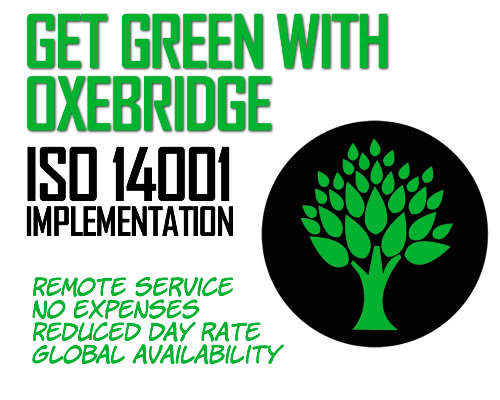Winter Haven FL — CMS accreditation deeming authority ACHC (Accreditation Council for Healthcare) has reversed its policy of citing durable medical equipment (DME) companies for failing to have an “OSHA required” respirator program after the filing of a complaint by the consulting firm Oxebridge Quality Resources International. The issue came to light after multiple clients of Oxebridge’s CMS Accreditation Preparation program were cited by ACHC, who claimed that DME employees could be exposed to tuberculosis when dealing with patients with an unknown diagnosis. In one example, a surveyor cited the following requirement for accreditation by ACHC:
“Along with being issued a HEPA N-9 5 or N-100 mask in case of T.B. exposure there also must be a documented fit test for each employee. This can be accomplished by a certified (OSHA) fit tester or a company manager can conduct a mask fit test session. Company can purchase a saccharin fit test kit and perform initial and annual fit tests. These should be documented and placed in employee file.”
Oxebridge filed the complaint after a number of its clients were cited, and after reviewing current OSHA law and Medicare requirements. Oxebridge found that there is currently no requirement by CMS for a respirator program as part of TB protection, nor is there any requirement within ACHC’s own DME standards. Furthermore of the US Centers for Disease Control & Prevention, the American Medical Association, and OSHA, none require such a program for any industry.
In May of 2003 OSHA withdrew a proposed 1997 rule requiring respirators for TV protection because it did not meet “the burden of risk to justify the enactment and publication of a final standard.” OSHA published the following rationale for its final revocation of this rule:
“OSHA withdrew its 1997 proposed standard on Occupational Exposure to Tuberculosis because it is unlikely to result in a meaningful reduction of disease transmission caused by contact with the most significant remaining source of occupational risk: exposure to individuals with undiagnosed and unsuspected TB.”
The revocation of the rule directly impacted the DME industry since it addressed exposure to patients with “undiagnosed and unsuspected” TB. DME companies routinely provide both walk-in and direct care service for patients who may have any number of undiagnosed or unsuspected illnesses.
For companies in other industries where respirators are required, OSHA mandates fit-tests along with a medical examination to ensure that any employee using a mask is not harmed by such use [per 29 CFR 1910, 1910.134(e)(1)]. ACHC surveyors were not only imposing the rule on the wrong industry, but were citing only half of the requirement, requiring a fit-test but not the preliminary medical examination. In its complaint to ACHC, Oxebridge pointed out that ACHC could be putting DME workers’ health at risk, by forcing employees to wear respirators without a preliminary medical exam.
In its response to Oxebridge, and after its own review of current law, ACHC withdrew the requirement and is retraining its surveyors to stop issuing citations requiring DME companies to have respirators and fit-testing as a mandatory part of its CMS accreditation.
Oxebridge provides DME companies with consulting services in preparation for CMS accreditation, as required by Medicare. For more information, visit www.cmsaccreditation.com.
Christopher Paris is the founder and VP Operations of Oxebridge. He has over 35 years’ experience implementing ISO 9001 and AS9100 systems, and helps establish certification and accreditation bodies with the ISO 17000 series. He is a vocal advocate for the development and use of standards from the point of view of actual users. He is the writer and artist of THE AUDITOR comic strip, and is currently writing the DR. CUBA pulp novel series. Visit www.drcuba.world







